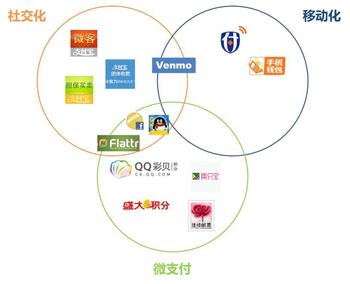 "In 2012, the scale of remittance transactions in the world has exceeded 600 billion yuan. The company strives to bid farewell to the '100 billion era' in the near future and the annual transaction volume will exceed the trillion-dollar scale." The third-party payment company remittance president Zhou Hao recently said.
"In 2012, the scale of remittance transactions in the world has exceeded 600 billion yuan. The company strives to bid farewell to the '100 billion era' in the near future and the annual transaction volume will exceed the trillion-dollar scale." The third-party payment company remittance president Zhou Hao recently said. From the experts' point of view, the emerging payment is sprinting against the traditional payment. “Small shrimps have to challenge big whaleâ€. At the same time, for the fast-growing third-party payment companies, the homogenization competition is currently serious, and the industry is deeply stuck in the "quagmire" of price wars. It is expected that the "elimination game" will be unavoidable in the next two to three years.
The payment industry is at the meeting point of tradition and innovation
From the platform of financial service model to the endless application of mobile, the development and change of information technology has subverted the entire financial information service industry, and has brought about continuous innovation, more and more dynamic financial payment model.
In recent years, third-party payment companies have stepped up the pace of “snapping in circlesâ€. According to Zhou Hao, Remittance paid off in 2012 and consolidated its services in the fields of aviation, funds, etc., and quickly entered the POS acquiring business. It truly penetrated into the “hedge†of traditional financial services and completed the work in all capital cities across the country. layout.
Third-party payment is usually divided into three major areas: Internet payment, offline collection, and prepaid cards. According to forecasts by research institutions, the transaction volume of third-party internet payment market in China was approximately 3.9 trillion yuan in 2012, an increase of 79.4% over 2011; the total size of offline acceptance market transactions was approximately 21.7 trillion yuan, an increase of 42.9% year-on-year; The card issuance volume is expected to exceed the 2 trillion yuan mark.
Analyst Zhang Meng believes that the rapid development of third-party payment stems from many factors: First, the traditional enterprise's e-commerce process is accelerating, large-scale e-commerce platform large-scale promotion into normal; Second, insurance, funds, colleges, and cross The emerging subdivided application market, such as offshore payment, has been continuously explored. Third, payment companies have started to deploy multi-services. Fourth, banking financial institutions have joined the development and nurturing of the mobile payment market. In addition, payment methods such as mobile phone card readers and two-dimensional code payment have started to emerge.
“The payment industry is at a meeting point between tradition and innovation. The Chinese market can provide enough nutrients to support such a huge payment system.†Chen Qizhang, president of global payment giant FDC Greater China, recently held the first Shanghai Financial Information Service. The industry forum stated that the business model of traditional payment companies is the same as the construction of expressways, and as long as there are cars, they can charge. However, in the new third-party payment model, the car may not be driving on the original highway, and then the traditional payment method may be abandoned.
The Central Bank has issued a total of 223 payment licenses
Not long ago, the People's Bank of China issued a total of 26 new "non-financial institutions" "Payment Licenses". This is also the sixth batch of third-party payment licenses issued by the Central Bank. At this point, the central bank has issued a total of 223 payment agency licenses.
Since the central bank issued the first batch of 27 payment licenses in May 2011, the six batches of licences issued so far by the Central Bank have their own characteristics. The first batch was mainly engaged in the nationwide payment business; the second batch was mainly engaged in local business, and the number of companies receiving pre-paid card issuance and acceptance services accounted for more; the third batch of highlights was that the three major telecom operators were paid licenses. The fourth batch of new digital television payment services; the fifth batch of only one company, Qingdao Baidatong; the sixth batch of pre-paid card issuance and acceptance.
Qian Baobao’s director Sun Jiangtao told reporters that from the perspective of central bank licensing, as long as the relevant hardware conditions are met, the central bank will allow and support them. In the future, more companies will join the payment industry. “Because of the strengthening of supervision over third-party payment agencies, the performance of the market has become more standardized in the past two years and the industry has become increasingly ethical.â€
With the issuance of six batches of payment licenses, licensees are no longer scarce resources for third-party payment companies. In Zhou Yi’s view, the future of pre-paid cards will be more personalized and more localized. There will still be many such companies in the future. However, the nationwide online payment and offline collection will not be too many in the future, because the survival of such companies mainly depends on the scale of the transaction. Some small-scale enterprises do not have a competitive advantage.
"Knockouts" will be inevitable
Wang Huafeng, chief architect of remittance to the world, believes that after years of development, many third-party payment companies have accumulated data on shopping, payment, and other data for small and medium sized merchants and consumers, accompanied by XTP (things), mobile technology, big data, and cloud. With the rise of computing and other IT technologies, the future of financial information services is expected to usher in a disruptive technological revolution and business model innovation.
However, it should not be overlooked that due to the current homogenization of domestic third-party payment companies' products, the price war has intensified, resulting in the continuous shrinking of the profits of the entire industry, and the profitability is not optimistic.
“The whole industry is developing at a high speed, but not all companies have the ability to grasp the scale of transactions, have the ability to innovate and market development.†Zhou Wei said that the payment business needs the support of the customer base, new technology breakthroughs, and can walk in the industry. The front is definitely a company with strong comprehensive ability. From a payment perspective, even a company with a turnover of 100 billion yuan a year may not reach the basic size required by the payment companies in the future.
Sun Jiangtao stated that there is no advantage in the license itself, but the business advantage of the first entrant still exists. Afterwards, the main energy of the enterprise should still be placed on product innovation and market development. In addition, in the past year, payment companies have been making frequent acquisitions and financings, and it is expected that the frequency of mergers and acquisitions in the payment industry will increase in the future.
Zhuo Dongwei, deputy general manager of E-SUN Payments predicts that in the next two to three years, third-party payment will usher in a period of reshuffle, and one-third of companies in the industry with poor operating conditions will withdraw or be merged.
Jinghongyi PCB: PCBA, PCB Assembly , Printed Circuit Board Assembly Services Provider.
Jinghongyi PCB is a leading PCB manufacturer and assembler in China. It provides one-stop PCB Manufacturing and PCB assembly services, including PCB Prototype manufacturing, small and medium batch manufacturing, and Prototype PCB Assembly Services, Quick Turn PCB Assembly, Low Volume & Small Batch PCB Assembly, Middle Volume PCB Assembly, High Volume PCB Assembly, Turnkey PCB Assembly Service (including PCB production, component procurement, assembly, quality management, etc.), Lead Free PCB Assembly, Multilayer PCB Assembly, LED Lighting PCB Assembly with High Quality, Reasonable Price and Fast Turnover Time Ability.
What Does PCB Assembly Mean?
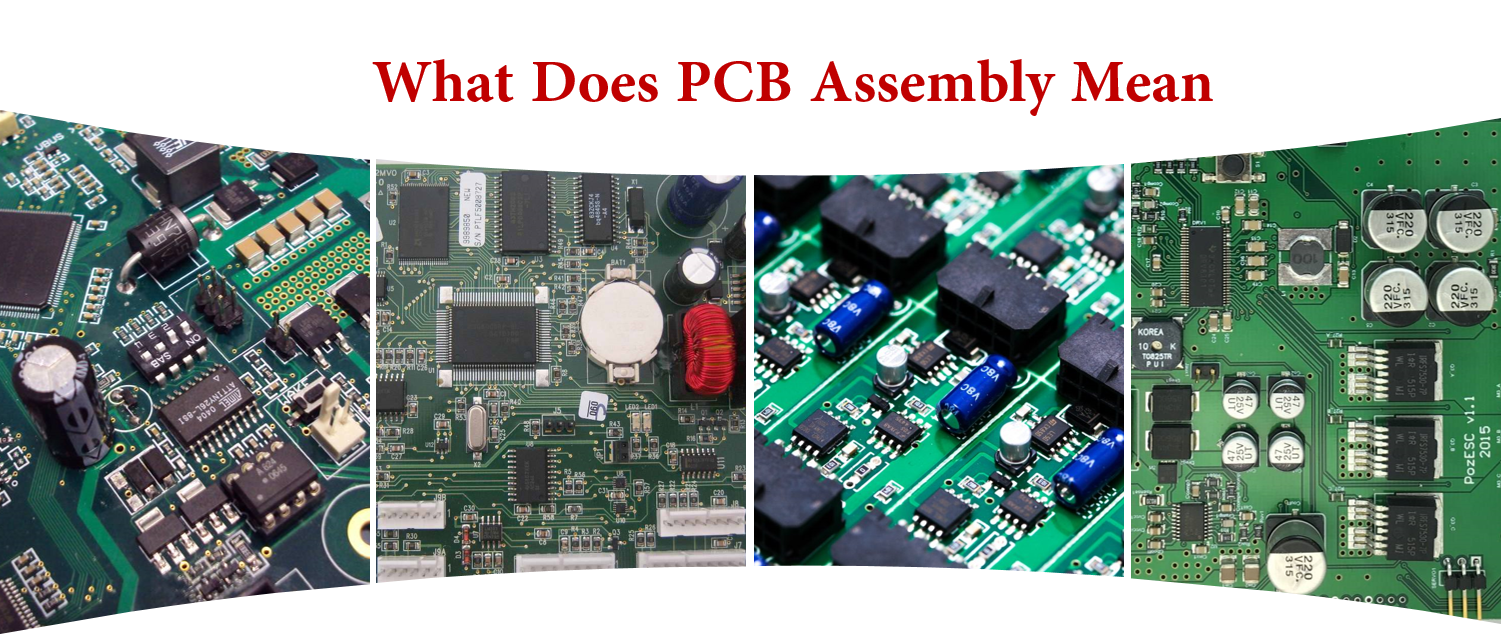
PCB Assembly Service in China
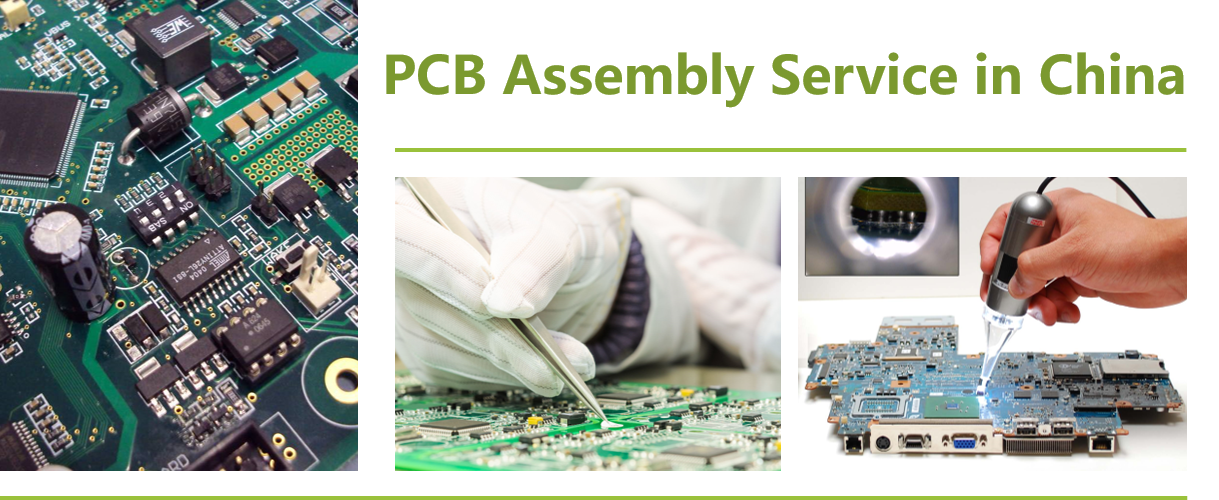
Although there are many companies in the United States, Britain, India, Australia, Canada, Mexico, Taiwan, Malaysia, Thailand, Germany, Romania and other local selection of PCB assembly manufacturers, but they are not cheaper than assemble in China, because China's PCB assembly cost is lower, better quality.
Why Choose US for PCB Assembly Services - Turnkey, Quickturn PCB Assembly Service
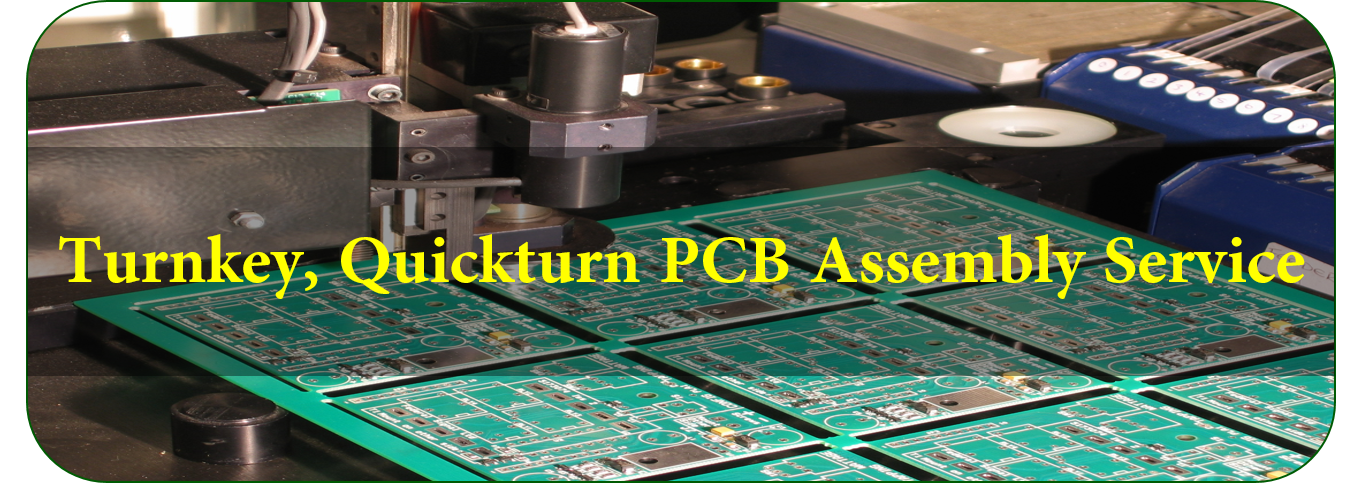
|
Turnkey Services |
Instant Online Quote |
Affordable Pricing |
|
Contact our online customer service or send us an email.
We offer 7*24 hours of online real-time quotation and online customer support. |
We have many years and rich experience in PCB production and assembly. There are very professional technicians and operators, with very advanced PCB assembly process, they are the guarantee of product quality. On this basis, we can also provide you with cheaper, better quality products. |
|
Quick-Turn assembly |
100% Quality Guarantee |
Mature Capabilities |
|
Get the entire PCBA produced in 20 working days from order confirmation to dispatch, including sourcing of parts. However, if you need faster delivery time, we can do it, but you may need to pay an additional premium. |
100% quality guaranteed - free re-work if needed. All parts are sourced from reliable suppliers, and each board undergoes free visual inspection. X-ray inspection, AOI testing, In-Circuit Testing (ICT), and functional testing are also available. |
JHYPCB's assembly lines are fully compliant with IPC-A-610F, are capable of SMT, through-hole and mixed assembly, and can solder BGA and fine-pitch components from 0.38mm pitch. PCB types include rigid, flexible, rigid-flex and aluminum boards. |
|
Prototype, Small or Large Batch |
Sourcing Options |
Considerate Customer Service |
|
Whether you need prototype PCB assembly or bulk assembly, JHYPCB can cater for as little as a single piece 1 to 10000 pieces and has dedicated assembly lines for both low and high volume needs. |
We can source components from reputable distributors, or you can choose from us. These parts are cheaper and can reduce the entire PCBA production time to 7 working days. |
Every PCBA order is assigned a project manager to assist you with the order process. The engineering and assembly teams will also communicate any issues with you to ensure your order proceeds as planned. |
PCB Assembly Capabilities
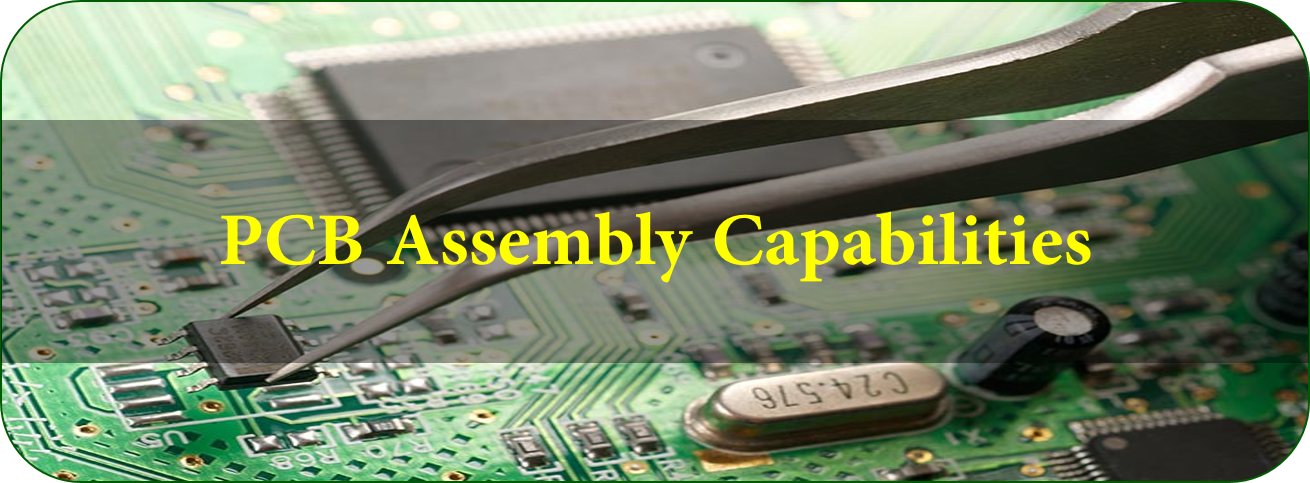
-
Prototype PCB Assembly as Quick as 1 Day
Our printed circuit board assembly service is North America's leading one-stop solution for PCB and assembly under one roof; specializing in small and medium runs with fast lead-times and no minimum quantity requirements.
-
A Seamless Process from PCB fabrication to PCB Assembly
All printed circuit boards assembled by Advanced Circuits are made by Advanced Circuits and we maintain full control of the entire process so you don't have to manage multiple vendors. When you choose Advanced Circuits, you can be sure that your PCBs flow directly into our in-house Assembly Department to begin assembly without delay.
-
Assembly Types
-
Surface Mount (SMT) Assembly
We are capable of small volume SMT prototyping PCBs with both automated and manual assembly.
-
Ball-Grid-Array (BGA) Assembly
We are equipped with advanced automated BGA placement equipments as well as X-ray inspection equipments to guarantee the quality of BGA assembly.
-
Through-Hole Assembly
Components are placed by inserting leads into holes that covered with solder.Both automated and manual through-hole assembly are available.
-
Mixed Assembly
Both SMT and Through-Hole components will be placed on the PCBs.Single or double side mixed assembly is available.
-
Kit Assembly
PCB Types for Assembly
- Prototype PCB Board
- FR4/ Rigid PCB Board
- Aluminum PCB Board
- LED PCB Board
- Flexible PCB Board
- Rigid Flex PCB Board
- Solder Types
Lead-Free (RoHS compliant)
- Assembly Time
From 8 hours to 72 hours once all parts are ready
- Component Types
- Ball-Grid-Arrays (BGA) of 0.25mm pitch with x-ray testing
- Passive components as small as 01005 (0402) package
- Fine-pitch components as small as 0.38mm pitch
- Test Types
- Visual Inspection
- X-Ray Inspection
- AOI Testing
- In-Circuit Test
- Functional test
- Component Suppliers
- More than 10,000 in-stock components (OPL)
- Digikey, Mouser, TME, Element 14 and more-
- PCB Assembly Testing Capabilities Learn More
| Category | Product Function | Test Type | Test Location |
|---|---|---|---|
| MCU |
51 serial MCU AVR serial MCU ARM Cortex M0, M0+, M3 and M4 serial |
IC Programming | Seeed's Fab |
| General |
GPIO Functional Testing Voltage, Electricity Current, Resistance Test, etc. I2C/Uart/SPI/CAN/One Wire/SWD Temperature, Humidity, Atmospheric Pressure etc. ... |
Functional Test | Seeed's Fab |
| Communication |
GSM/WCDMA/LTE GNSS Bluetooth/LE Ethernet NFC 802.11/b/g/n/a/ac ZigBee Sub-1 GHz 315/433/868/915 |
Functional Test | Seeed's Fab |
| Monoboard Computer | BeagleBone, Raspberry Pi, etc. | Functional Test | Seeed's Fab |
| Certification | FCC, CE, GS, TELEC etc. | Regulatory | Accredited Third-Party Lab |
PCB Assembly Applications
 |
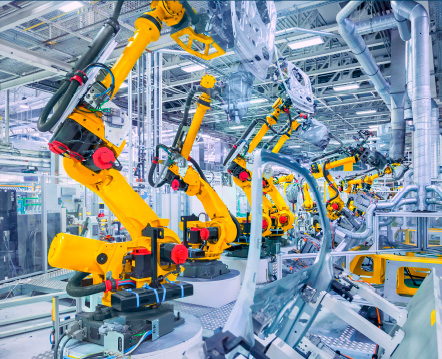 |
 |
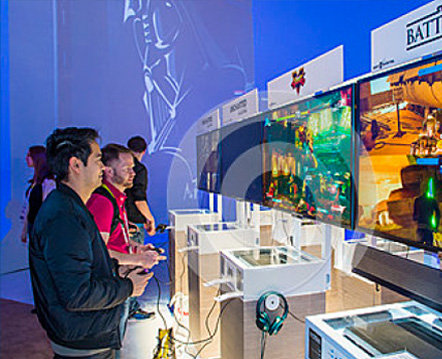 |
|
Aerospace |
Automotive |
Biomedical |
Consumer-electronics |
 |
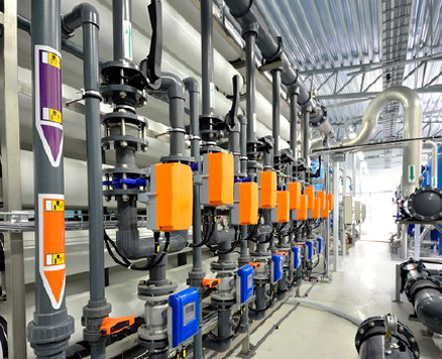 |
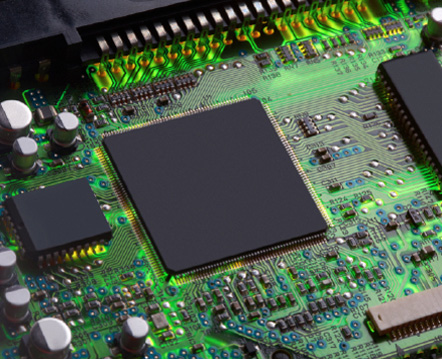 |
 |
|
Energy |
Industrial |
Network-computer |
Telecommunications |
PCB Assembly Manufacturing Design Tips
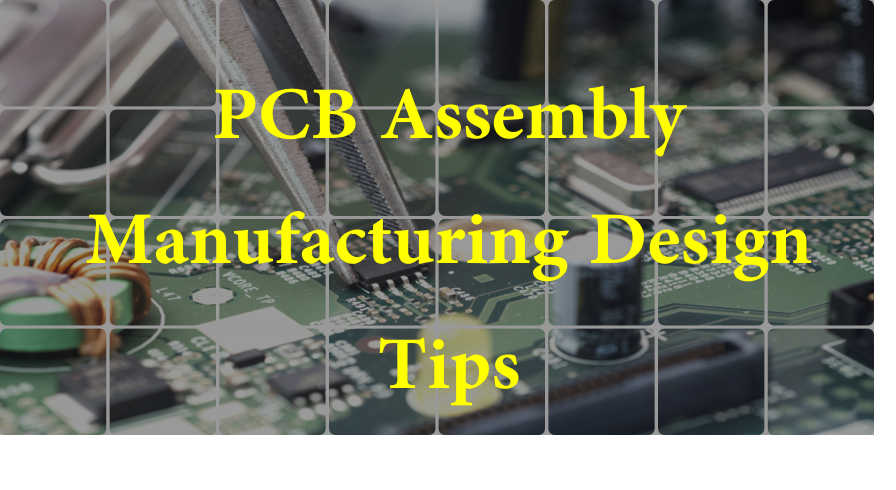
-
Choosing between ROHS (LEAD-FREE) or standard (LEADED) solder
RoHS is used most frequently when shipping to Europe. As RoHS and Leaded solder temperatures are different, boards must either be completely soldered with RoHS or Lead. This includes BGAs. Non-RoHS components can withstand RoHS process. Avoid mixed process; that is, mixed solder. For example, a standard HASL bare board should not use a RoHS assembly process.
-
Water Clean
Aqueous clean process uses water soluble flux during soldering. The board is cleaned using water. This process yields shinier solder joints and an overall cleaner looking PCBA, without any flux residue.Use No Clean Flux only if your PCBA has some parts (batteries, microphones, speakers, relays, etc...) that can be damaged if submerged in a water wash. No Clean Flux leaves flux residue on the finished PCBA; however, flux is non-corrosive and non-conductive.
If a few components are water sensitive, you may choose to have the PCBAs processed with water soluble flux without initially soldering the water sensitive components. Make sure include specific instructions to hand solder these few components after cleaning with No Clean Flux.
-
Silkscreen
-
Placement (X-Y) Centroid Files
If you do not send centroid files with you CAD data, we can extract them for an extra fee.
-
Shortages
-
Fiducial
-
Moisture Procedure
-
Paste Layers
-
Multi-part Assembly orders
-
Substitutions
PCB Assembly Cost
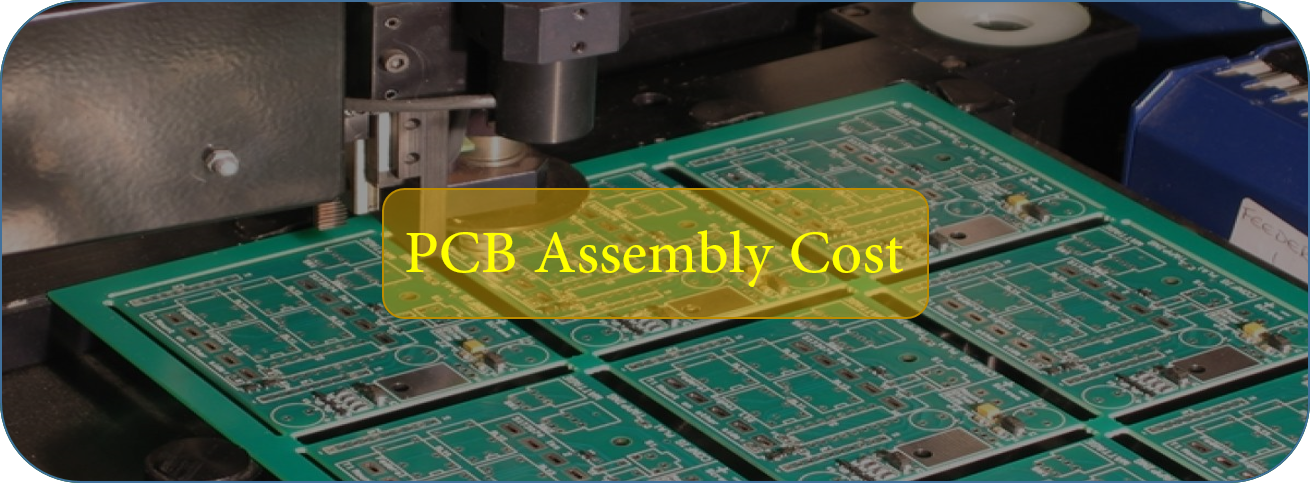
PCB Assembly Cost = PCB manufacturing cost + PCB frame test or flying probe test fees + PCB engineering cost (only for small prototype order) + Component cost (additional 5%) + SMT assembly charges + PCB assembly test cost + Box building charges + Package cost (for special application) + Logistics cost (requested)
PCB Assembly Process
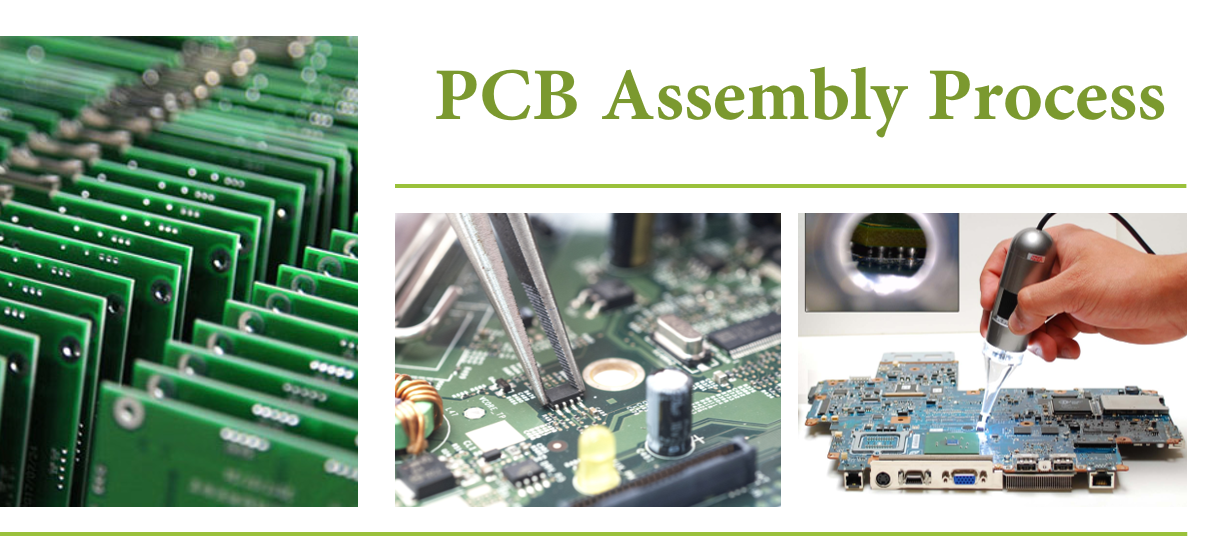
PCB Assembly Process
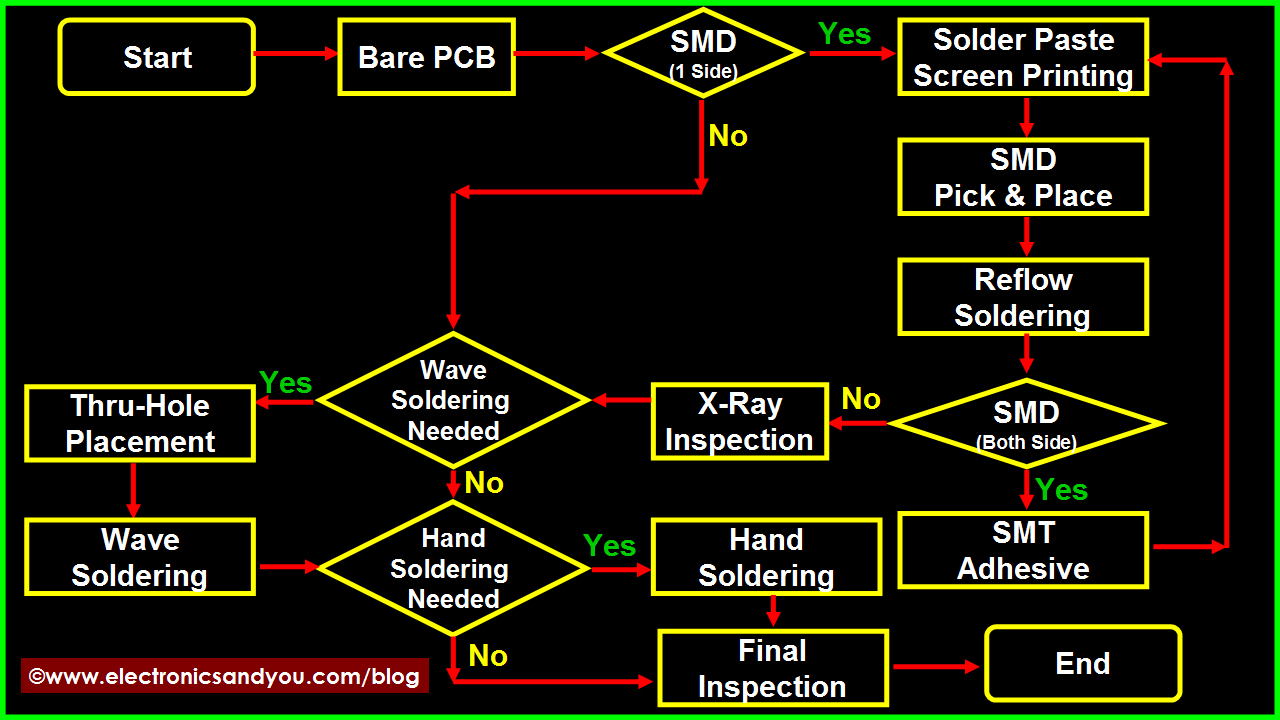
PCB Assembly Process Flow Chart
Things Needed for Printed Circuit Board Assembly
Following electronics parts and consumables are needed for PCB assembly
- Printed Circuit Board
- Electronic components
- Soldering materials including solder wire, solder paste, solder bar, solder preforms (depending on the type of soldering to be done)
- Soldering flux
- Soldering equipment including soldering station, wave soldering machine, SMT equipment, inspection and testing equipment etc.
Once all of the above equipment, electronic parts and all raw materials are arranged, it is time to start the printed circuit board assembly process.
1. PCB Manufacturing
PCB design & fabrication helps you with experienced PCB design and fabrication, high accuracy, quality control. In general, your PCB prototype can be well served by us. PCB Assembly includes layout, fabrication and assembly. We also have monthly abilities of offering 35,000 square meters PCB, 80 million point SMT and introduce ICT, flying probe, AOI, X-ray, function test, burn-in test into inspection phase. We can help you with a system of transforming natural resources, raw materials and components into a finished product that is delivered to the end customer and strive to have the most optimized supply chain to make efficient and costs lower.
2. Screen Printing of Solder Paste onto PCB Board
loctite solder pastePhysicochemical and process property of solder paste directly impact SMT soldering quality. Solder paste printing is applicable for placing appropriate amount solder paste onto PCB pads, in order to ensure good circuit connection between SMT components and PCB pads and their mechanical strength. Solder paste printing is the critical process of SMT. Metal template printing is conventionally applied so far. According to related statistics, 60%~70% quality problems are caused by solder paste printing in premise of quality guarantee of components and printed circuit board. Requirements of solder paste printing:
a. Place solder paste appropriately, evenly and uniformly. Solder paste shape is clear and neighbor shapes do not connect. Solder paste shape is in compliance with that of pad, without any dislocation.
b. In general, the unit area solder paste amount should be 0.8mg/mm2, particularly 0.5mg/mm2 for narrow-pitch components.
c. After solder paste printing, the shape has no heavy collapse and edges are trim. Plate surface is not allowed to be contaminated by solder paste.
There are a large variety of solder paste with different alloy compositions, granularity and viscosity even for all from one manufacturer. How to choose appropriate solder paste highly impacts the product quality and cost. Now NOD Electronics is using Loctite lead free solder paste. We have figured out Loctite solder paste is reliable to ensure good product quality after process engineering test of its printability, demoulding, thixotropy, cohesiveness, wettability, welding spot defect and residue.
3. Lead-free PCB Assembly
In light of environmental concerns and customer request, we can offer lead-free PCB board assembly which complies with RoHS standards. At upstream, we choose PCB laminates in compliance with RoHS standards for PCB manufacturing. Also we use lead free solder paste and related reflow/wave ovens. We strictly fulfill RoHS requirements in light of your local regulations and don`t want to make you into any trouble on this basis.
4. Burning Program and In-Circuit Test (ICT)
Our test engineers will check short circuit, voltage, current, signal transmission of PCB assembly boards according to your ICT test plan. A professional report will be handed up to you if for any detected problems. For batch order, we design exclusive test frames to fast the ICT test process. We are also well sophisticated with decoding and burning program for you. Related test frame will be built to ensure products work effectively according to your requirements.
PCB Assembly Requirement List
| No. | Types Of Assembly | File Format | Component Footprinr | Component Package | Testing Produres | Produres | Others |
| 1 | SMT ASSEMBLY | Gerber RS-274X | 0201,0402,0603- | Reels Package | Visual Inspection | Lead-Free(Rohs) | Custom Reflow Profile |
| 2 | SMT & THT Assembly | BOM(.xls,.csv,.xlsx) | BGA,QFN,QFP,PLCC | Cut Tape Package | X-Ray Inspection | Leaded Solder | Standard Reflow Profile |
| 3 | 2 sided STM,THT Assembly | Pick-N-Place/XY file | SOIC,POP...Connectors | Tube and Tray | AOI,ICT(In-Circuit Test) | Reflow Soldering | Smallest Size:0.2"x0.2" |
| 4 | Mixed Assembly | - - | Small Pitch of 8 Mils | Loose parts and bulk | Functional Testing | Wave Soldering | Largest Size:15"x"20 |
Find Out More
Flexible PCB Circuit Board Assembly
Through Hole Technology Assembly
Mixed Technology PCB Assembly
Double Sided PCB Assembly
Learn More Information
How to Mixed Technology PCB Assembly
Comparison between THT Assembly and SMT Assembly
How to start to Prototype PCB Assembly
Introduction About Single-sided and Double-sided SMT Assembly
How to ensure a smooth PCB assembly
How to Reduce PCB Assembly Cost
PCB Assembly Service
Printed Circuit Board Assembly, PCB Assembly Service, PCB Assembly
JingHongYi PCB (HK) Co., Limited , https://www.pcbjhy.com